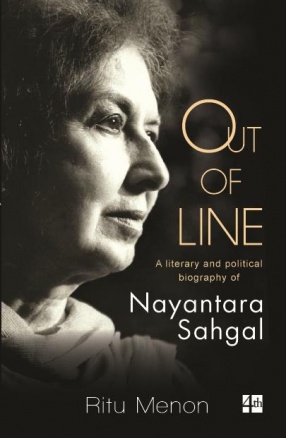
Ritu Menon

Showing all 9 books
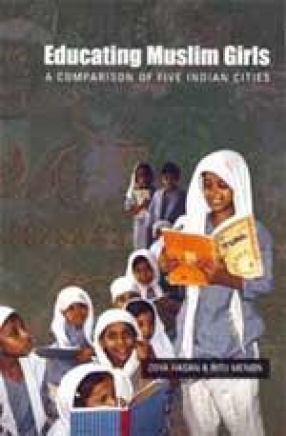

The finest literary and political biography of our times Born into the first family of Indian politics, Nayantara Sahgal is one of India’s finest writers. Novelist, political commentator, memoirist and essayist, she is unique for having portrayed India’s post-Independence development in everything she wrote. Her circumstances made her keenly aware of the power relations that inform every facet of life, while her political columns marked her as one of ...
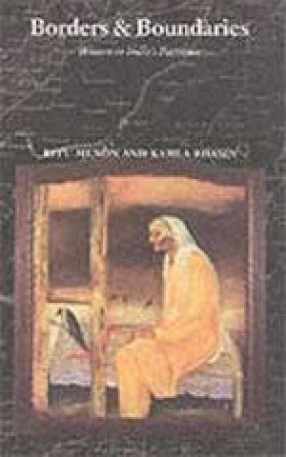
In 1947 India was simultaneously freed--and divided. The departure of the British was accompanied by a bloody partition in which one million people perished and over ten million were displaced in the largest peace-time mass migration this century has recorded. Borders and Boundaries attempts a feminist reading of partition providing, for the first time, testimonies and memories of women caught in the turmoil of the time. The authors make women not only visible, ...
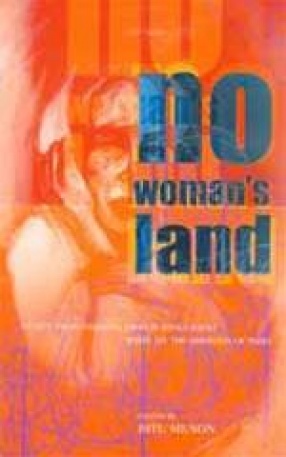
Never before has a single volume featured non-fiction writing by women from Pakistan, India and Bangladesh on the partition of India. Here, for the first time, are Ismat Chughtai, Sara Suleri, Anis Kidwai, Phulrenu Guha, Meghna Guhathakurta, Shehla Shibli, Manikuntala Sen, Kamlaben Patel and many others, speaking and writing about communalism and literature; what they learnt from refugees; what partition means to them 50 years later; and how they define ...
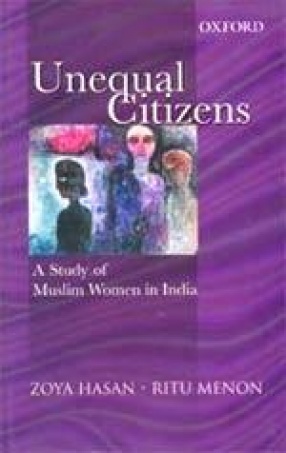
This path-breaking study of Muslim women in India seeks to dispel popular misperceptions and stereotypes regarding their status, as well as to seriously engage with academic debates on gender and Islam. The data and interpretative analysis presented here are based on the first-ever national survey of 10,000 Muslim and Hindu women in India, covering a range of issues from education, work, socio-economic status, and marriage to decision-making, autonomy, mobility, ...
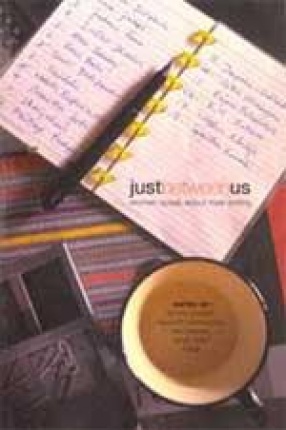
The interviews in this volume are the outcome of a series of workshops held with women writers during 1999-2001, on the question of gender-based censorship and related issues. Nearly 200 writers from ten Indian languages met to talk about the circumstances in which they write -- and in which they are read and written about. They represented a true cross-section of society in terms of location, age, caste, community or religion, and genre. As the discussions ...
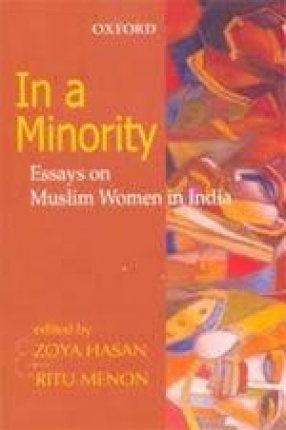
Muslim women have been the subject of considerable debate in India, chiefly around the conflicting claims of personal law, identity, and gender. Existing literature on Indian women in general ignores Muslim women, considers their status a product of personal laws, and assumes sameness both in status and in forms of oppression. Based on recent empirical work, the essays in this volume present the diversity of Muslim women's lives in all its complexity. They ...

This examination of the several considerations and factors that influence the schooling of Muslim girls is the first of its kind, based on first-hand information from interviews, documents and reports, and empirical studies. It argues that state policies and initiatives on education, regional location, social and economic compulsions, as well as changing community perceptions are critical to our understanding of why the educational attainment of Muslim girls ...

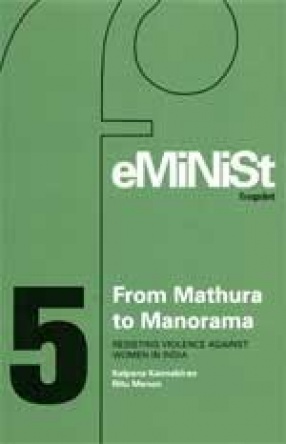
From the late 1970s to the present, feminists in India have had to deal with spiraling violence against women and the alarming ramifications of its forms, as well as assess their strategies to combat it. This monograph reviews twenty-five years of protest and action by them in an attempt to take both our anlaysis and theories forward. It maps the trajectory of feminist organizing in India in the post-Emergency period, after 1977; the paths of legal ...
